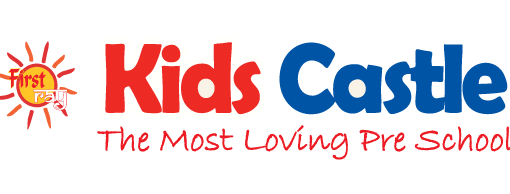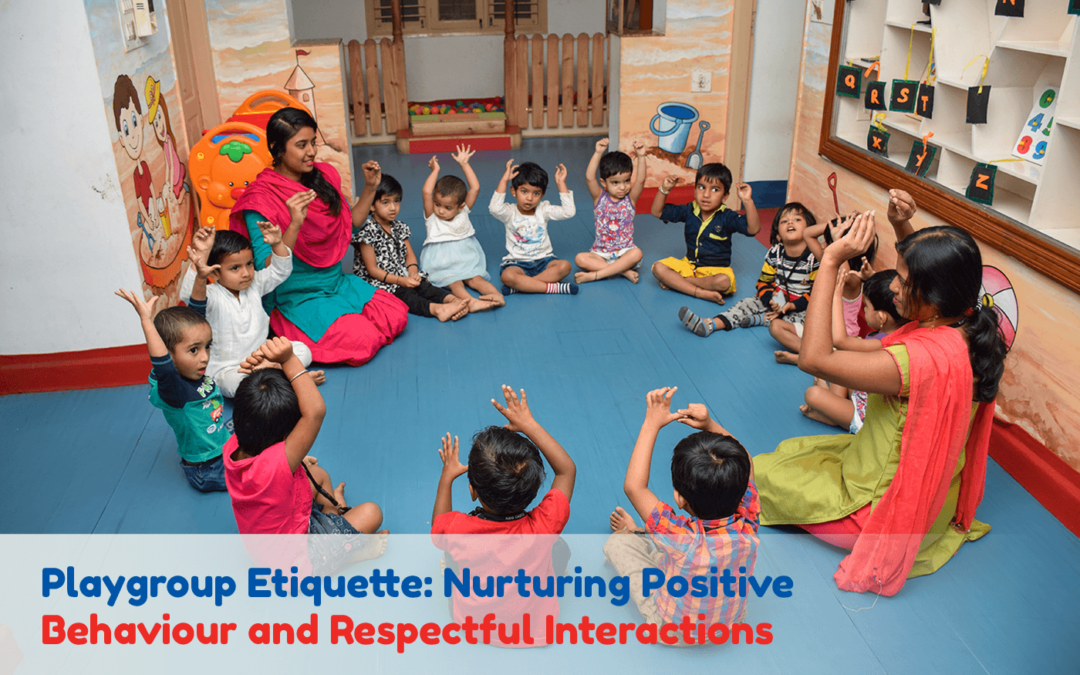Primarily, play groups or playgroups for toddlers create a safe and conducive environment for toddlers to grow while having fun. Additionally, they are havens that foster the best behaviors and lay an initial path for kids to develop good personal attributes.
Let us drive into how playgroups near you can help shape your kid’s etiquette.
Set examples.
Kids observe how play group caregivers support other kids and help them play. These serve as examples, and kids are most likely to follow their actions.
Children learn to talk respectfully, act generously, and help other kids when they are in trouble. These help kids to make friends and enrich their time in the playgroup. It also enhances their learning process.
Set clear expectations.
Establishing clear expectations of a child’s actions is essential in shaping good mannerisms from early childhood. Caregivers at playgroups communicate the rules and guidelines of the playgroup in bits and pieces on a daily basis.
Over time, kids understand the lessons taught and gain the ability to develop good qualities by judging the situations on their own. As parents, you can notice the pleasant changes and new developments in your kids at home.
Sculpt their language
You can notice that kids pick up rare, new words very quickly. Especially those expressed with strong emotions, such as anger. It is the responsibility of their caretakers to educate and avoid them from inclining towards using bad words.
Playgroups make the kids realize that they are bad by correcting their language. They engage kids with appealing moral stories, narratives, or tales about the unpleasant consequences of using foul language.
Encourage sharing and taking turns.
Encouraging kids to share toys, snacks, games, and other materials, acts as steppingstones for the virtues such as cooperative mindset and empathy.
Directing kids to take turns while playing imparts discipline from a young age. It also helps them to learn to manage their actions in excitement.
Foster listening skills
Playgroups encourage kids to interact with other toddlers, share their opinions, play with each other, and have fun conversations. But kids are likely to get into fights over trivial things, argue among them, and scream.
These scenarios come up as opportunities for caretakers to teach kids to remain patient and listen to their playmates. They also help them learn how to negotiate among themselves when they get into a fight. While the disputes may seem trivial to adults, they play a huge role in sowing the seeds of gentle conduct for later stages.
Read Kids Castle blog on Improving listening skills
Appraise positive behaviour.
Rewards, as simple as chocolate, give a great deal of motivation to carry on good habits, such as using kind words, helping other kids, and sharing snacks.
When your kids show kind and positive gestures at home, such as helping you with chores, motivate them to continue the practices. You can praise them verbally, give a high-five, and buy gifts. It also strengthens your bond with them.
Collaboration with parents.
Collaboration between parents and caregivers allows parents to understand playgroup etiquette and reinforce them at home. It helps kids to imbibe positive behaviour by consistently promoting good practices.
Conclusion
To summarize, playgroup activites create an inclusive environment and ideal setting for kids to develop positive behaviour.
Please look for a Kids Castle Playgroup near you, as our caregivers play a leading role in nurturing positive behaviour while involving the parents with open arms.
Please don’t forget to subscribe to our Youtube Channel.


Trackbacks/Pingbacks